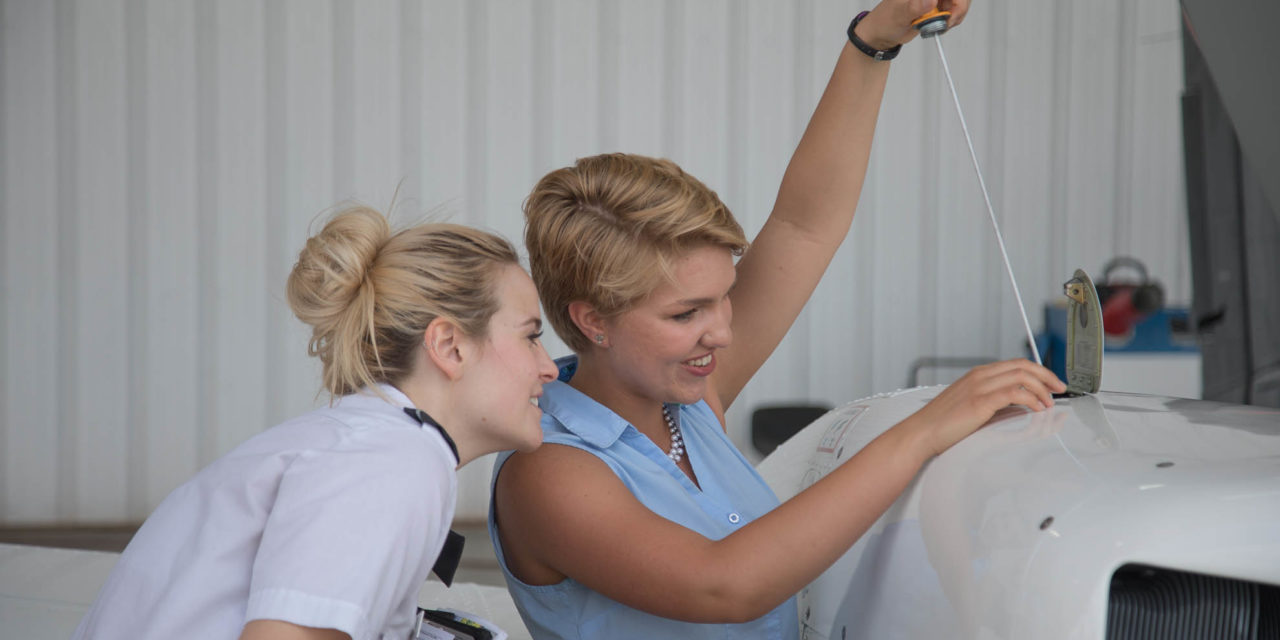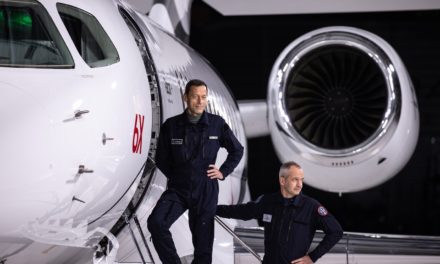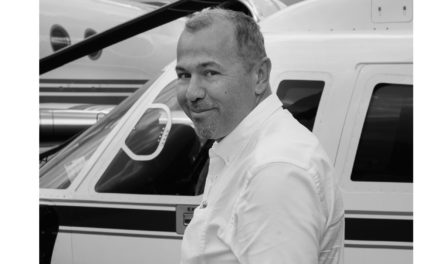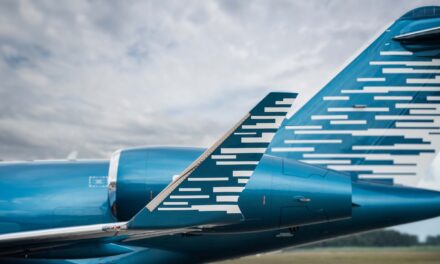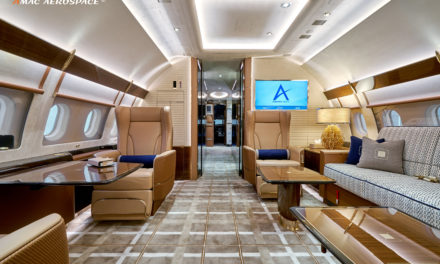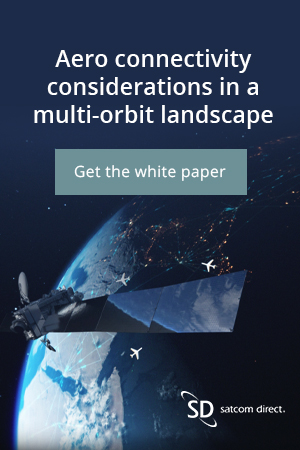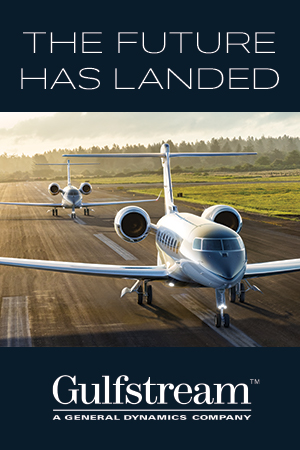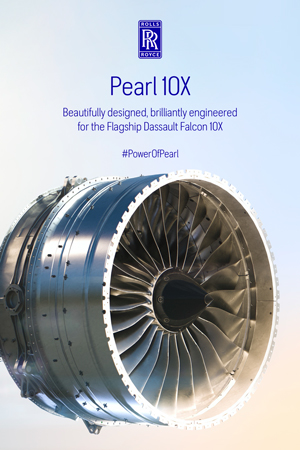Many aviation companies around the world are beginning to feel the sting of a skilled labour shortage – and that means aircraft owners and operators may need to rethink their practices for attracting, hiring, retaining and promoting great candidates.
By Rene Banglesdorf
Looking around conferences and industry events, the predominant representation is “pale, stale and male,” according to a female friend in the industry. In short, our talent pool is aging white men, and as retirement looms, that pool is shrinking.
Thinking outside of the box
Millennials (current age 24-38) make up roughly half of the current workforce, with an expectation it will be nearly 75% in 2030. Women make up 47% of the workforce in the US, with similar numbers across Europe. Yet, Millennials are not entering the aviation workplace in the record numbers we need, and women still represent less than 10% of leadership in the industry.
With pilot shortages forcing compensation sky-high and corresponding deficits with mechanics in the pipeline, companies need to think outside of the box about their labour force. Many will have to make adjustments to survive. These come in the form of leadership, culture and communication.
Diverse workforce
Company leaders need to understand the benefits and promote the benefits of having a diverse workforce. Diverse backgrounds, education, ages and genders brings more perspective to the table, often driving innovation and creative problem solving.
Candidates look for role models and potential career paths. If they don’t see anyone who looks like them in a leadership role, they may choose a company where they can better envision themselves developing.
Furthermore, investors are increasingly demanding diversity at the executive and board level as an indicator of a healthy organization. Government entities in Europe and California are pressing for better representation of women on boards. This is turning the tide toward developing and hiring diverse leaders.
Enjoying the workplace
Good leadership drives results and a sense of community. Employees want to enjoy their work and their workplace. This is where efforts both small and large are important.
The little things that mean a lot are celebrating personal accomplishments, like birthdays, graduations and marathon completions—or giving everyone an afternoon off after a particularly hard-fought deadline.
Being a part of something meaningful is also important. This is where general aviation endeavours can outshine just about every other industry. GA airplanes provide relief in times of natural disaster, transport organs and life-saving medications, deliver cancer patients to treatment at no charge through volunteer organisations, and give first-responders and missionaries access to areas inaccessible otherwise.
Many of these endeavours go unrecognised largely because private aviation is, well, private. But in as much as you can share, being a part of something bigger than just revenue is important to many diverse people—Millennials, in particular.
Meaningful endeavours don’t have to be philanthropic in nature, either. The year the Fiat was re-launched in the U.S., the general manager of the Austin, Texas location rallied her team of Millennial sales professionals to break the North American sales record for single-month sales. She did it by listening to what was important to them and creating an environment where they could sell in the way they liked to buy. Being a part of something revolutionary proved motivational.
Impetus for excellence
Communication is the final key to attracting, retaining and promoting a diverse and inclusive workforce. Again, the impetus for excellence comes from the top down. As leaders, we must be careful about unconscious bias, which is often defined as prejudice or unsupported judgments in favour of or against one thing, person, or group as compared to another, in a way that is usually considered unfair.
Being aware of the conundrums this can cause helps alleviate it, while not addressing it tends to limit us. In the Fiat example, if the GM had the unconscious bias that Millennials don’t like to work hard, which is a stereotype of that generation, she wouldn’t have broken sales records held by more established dealer groups with seasoned professionals. The same holds true for gender. When given a chance, women have proved capable of doing most everything men can do in this field.
Bad press hurts
What you say can also be overshadowed by what you don’t say. If recent harassment cases haven’t caused you to examine your communications policies regarding workplace tolerance of unacceptable practices, you might want to add that to your annual goals. Bad press hurts more than your stock value; it cripples hiring managers, especially those who have been tasked with diversifying your workforce.
In conclusion, if you want to strengthen your workforce, consider all the candidates, not just the ones who look like you, stretch your leadership skills to value the benefits of differences, and make sure your verbal and non-verbal communications back that up. And if your company is doing something great or different, be sure to celebrate that!
René Banglesdorf is the CEO of Charlie Bravo Aviation, a Texas-based aircraft broker. She is an advocate for women in aviation within several organisations. She also hosts two widely available podcasts and has just released her latest book, Stand Up: How to Flourish When the Odds are Stacked Against You, available on Amazon.

